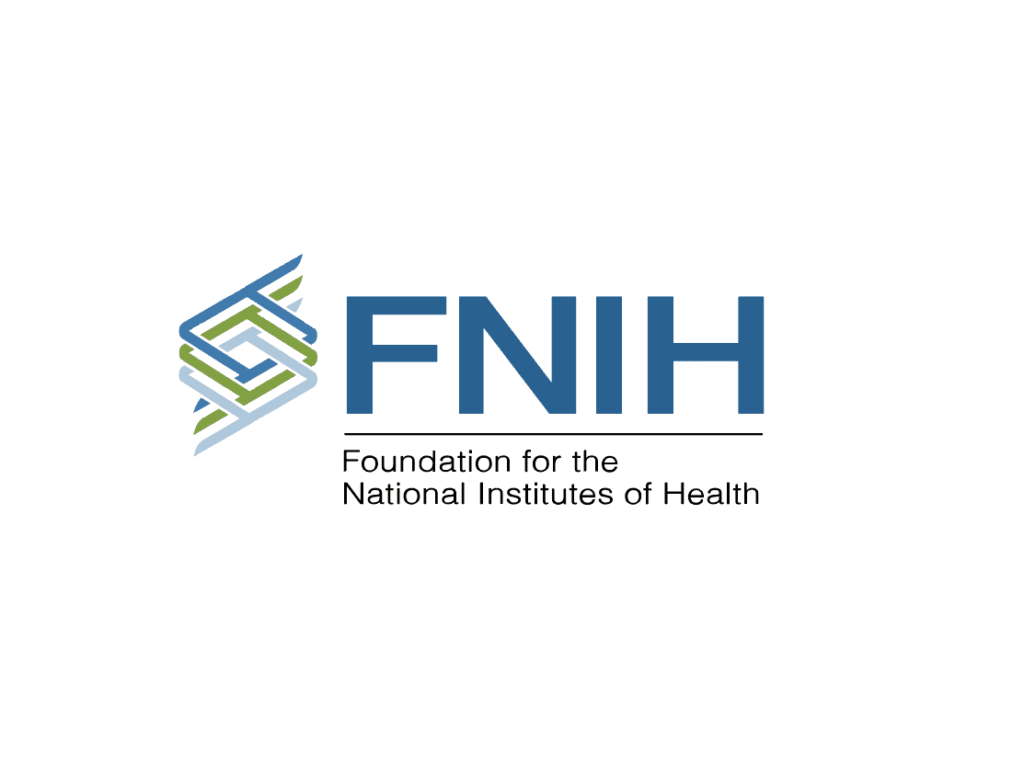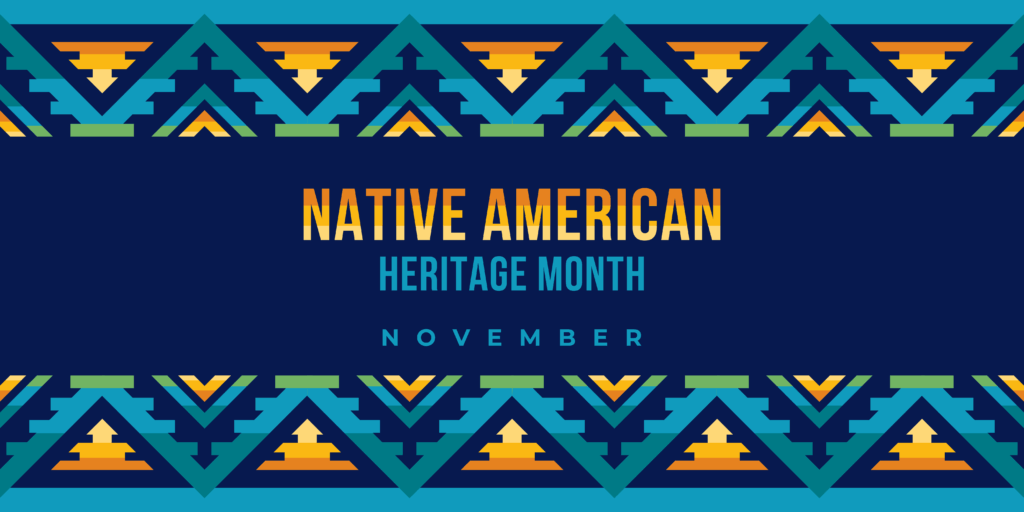

Recognizing Mental Health Awareness Month in May
By: Lindsay Marcal, Director, Membership
May is Mental Health Awareness Month, highlighting the importance of access care for the millions of Americans living with mental illness and support for caregiver of patients with mental health conditions. Addressing symptoms of mental health conditions early and planning a course of action accounting overall health can make a significant difference in people’s lives.
Nearly one in five adults in the United States will experience a diagnosable mental health condition in any given year, and national polling from the PAN Foundation has found that 40% of older adults with a chronic condition are concerned about their mental health. Mental health challenges have a particular impact on diverse communities, and youth under 18 are also significantly affected—an average of 16.5% of youth will experience a mental health disorder each year.
This year, Mental Health Awareness Month comes at the heels of staffing cuts at the U.S. Department of Health and Human Services (HHS) that impact access to mental health care and mental health crisis response. Leading national mental health and substance use organizations issued joint statements raising concern about the implications of these cuts.
The National Health Council (NHC) is proud to highlight our members who advocate for mental health and wellness and join them in raising awareness during Mental Health Month.
American Foundation for Suicide Prevention: The American Foundation for Suicide Prevention (AFSP) engages in mental health initiatives to raise awareness for and support mental health and suicide prevention. The AFSP is dedicated to saving lives and bringing hope to those affected by suicide. This May, AFSP is encouraging people to strengthen their mental health resilience by going beyond self-care basics.
Mental Health America (MHA): MHA is dedicated to the promotion of mental health, well-being, and condition prevention. MHA offers crisis resources, information on mental health treatment, and information on finding help. MHA kicked off May by sharing key findings from mental health screening data.
National Alliance on Mental Illness (NAMI): NAMI works to educate, support, advocate, listen and lead to improve the lives of people with mental illness and their loved ones. Their network includes more than 600 local affiliates in communities across the country. They provide information on mental illness, support groups, resources, and more.
The Trevor Project: The Trevor Project is the leading national organization providing crisis intervention and suicide prevention services to lesbian, gay, bisexual, transgender, queer, and questioning (LGBTQ+) young people under 25. Their free and confidential services are available by call, chat, or text 24 hours a day, 7 days a week.
Many other NHC members also regularly share information about the connection to mental health with the chronic disease area in which they focus such as Parkinson’s Foundation and The ALS Association, or related to their population of focus such as the Alliance of Aging Research and the Society of Women’s Health Research. You can also find resources for caregivers on mental health for both themselves and the loved ones they are caring for from the Caregiver Action Network, Mental Health America, and NAMI.


